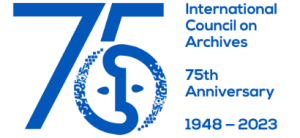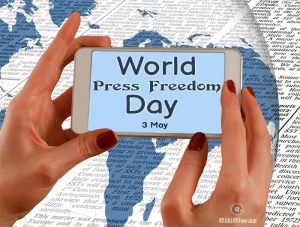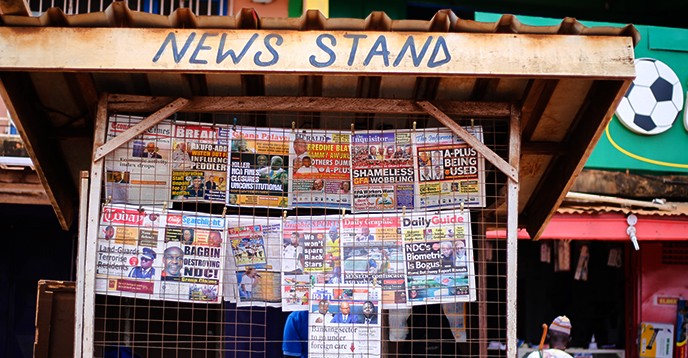 Celebrate Archives!
Celebrate Archives!
Did you know that June 9 is International Archives Day? All around the world, professionals in the archival community unite their voices on June 9 to make you understand why it is essential to support archives and the profession.
Background
The ICA believes that the value of archives and archivists should be promoted at the international level. Archives and archivists play an important role in accountability, transparency, democracy, heritage, memory and society.
During the 2004 International Congress in Vienna, 2000 attending participants adopted a resolution requesting that the United Nations (UN) designates a specific day to mark the importance and value of archives.
In 2005, the United Nations Educational Scientific and Cultural Organization (UNESCO) declared October 27 as the World Day for Audiovisual Heritage (WDAH) during the 33rd session of the UNESCO General Conference held in Paris, France. WDAH makes an occasion to raise widespread awareness of the need to take urgent measures and acknowledge the importance of audio-visual documents as a representation of our shared heritage and memory. However, audio-visual documents are only a portion of our documentary heritage that warrants international attention.
Subsequently, it was decided at the 2007 ICA Annual General Meeting that June 9 would be celebrated as International Archives Day. The date, June 9, was chosen to commemorate the date ICA was created under the auspices of UNESCO in 1948.

 World Press Freedom Day is also known as World Press Day. May 3 was announced as International Press Day in 1993 by the UN General Assembly upon recommendation of UNESCO’s General Conference to spread awareness about the importance of Freedom of the Press in functioning, information providing, its significance and to awaken the government of its duty to uphold and respect the right to freedom of expression. This day also pays homage to journalists who have lost their lives. This year, it is hosted in Uruguay.
World Press Freedom Day is also known as World Press Day. May 3 was announced as International Press Day in 1993 by the UN General Assembly upon recommendation of UNESCO’s General Conference to spread awareness about the importance of Freedom of the Press in functioning, information providing, its significance and to awaken the government of its duty to uphold and respect the right to freedom of expression. This day also pays homage to journalists who have lost their lives. This year, it is hosted in Uruguay. Declaration by the High Representative, Federica Mogherini, on behalf of the EU on the occasion of the World Press Freedom Day, 3 May 2018.
Declaration by the High Representative, Federica Mogherini, on behalf of the EU on the occasion of the World Press Freedom Day, 3 May 2018. The first World Television Forum was staged by the United Nations in the mid ’90s, and it was out of this event that World Television Day was born. The forum brought together leading figures from the media industry to analyze the growing impact that TV had on decision-making and public opinion when it comes to issues of peace and security around the planet.
The first World Television Forum was staged by the United Nations in the mid ’90s, and it was out of this event that World Television Day was born. The forum brought together leading figures from the media industry to analyze the growing impact that TV had on decision-making and public opinion when it comes to issues of peace and security around the planet.